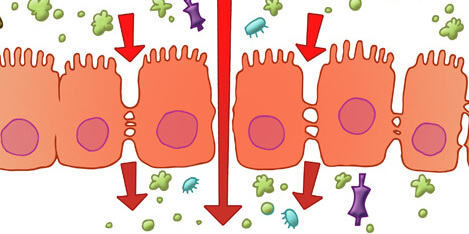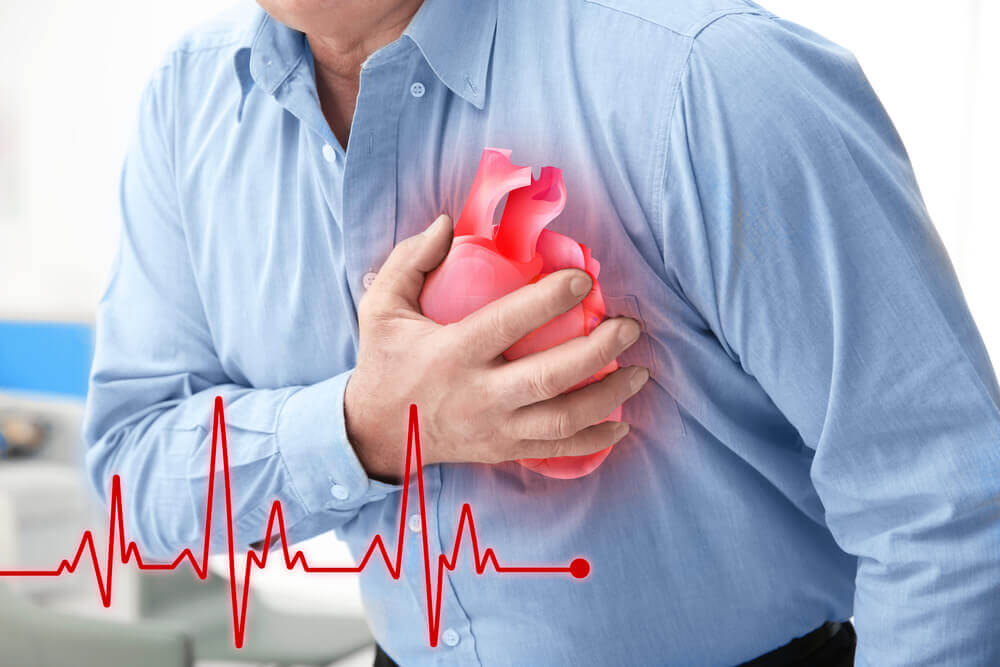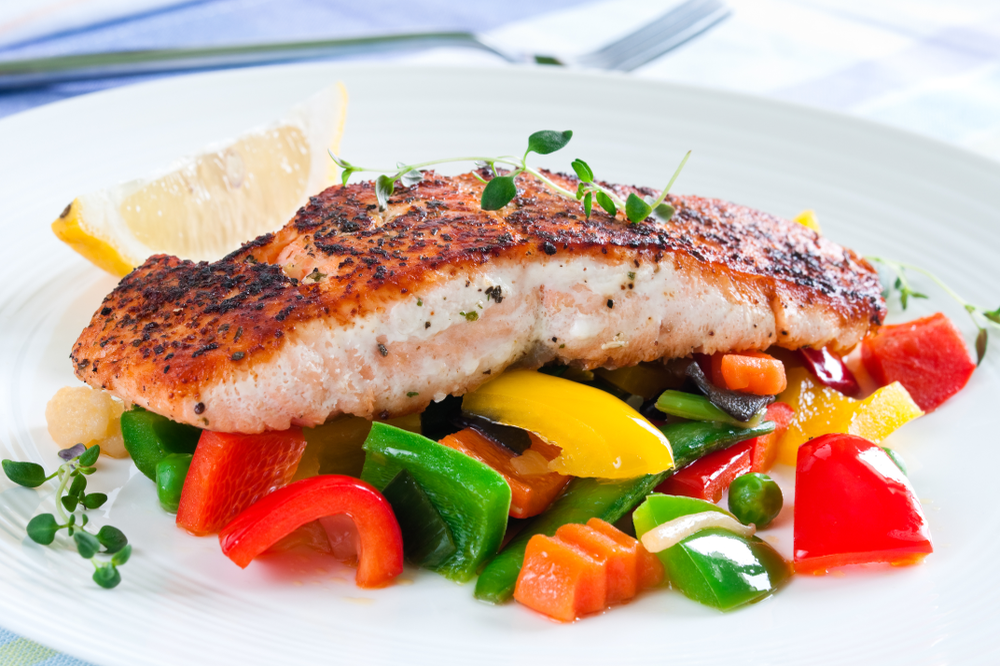Hate to generalize, but if you’re a Baby Boomer you’re probably used to popping Advil or Aspirin when something hurts. Headache? No problem. Back ache? Handled. Arthritis? Taken care of. Someone else is in pain?
“Did you take an ibuprofen?”
What’s worse, is that many have been advised to take a Baby Aspirin each day as a preventative measure. Since your trusty doctor believes (or has been taught to believe) it’s the best way to prevent a heart attack.

Meanwhile, these NSAIDs (Non-Steroidal Anti-Inflammatory Drugs) are damaging your gut, and doing nothing for the underlying issue:
CHRONIC INFLAMMATION
Sure, the inflammatory symptoms can be masked, or temporarily reduced with pills and potions, but the problem is never properly addressed. Giving you the false reassurance that you feel good (or better), forcing you to depend-on (and likely increase) your regular dosage, and doing consistent damage to your gut lining.
Sadly, this is the same area that’s already taking a beating from your inflammatory diet and lifestyle. Meaning, your NSAID popping behavior is poking holes in your gut that’s already inflamed, and will continue to be inflamed because you (and your doctor) have made no effort to get to the root of what’s causing this inflammation in the first place.

The ultimate irony, is that in many cases it’s a leaky gut driving the chronic inflammatory condition. So, people prescribed NSAIDs are taking medication that’s worsening the very root of their problem – a busted gut!
“NSAIDs are thus shown to disrupt intestinal integrity and long term treatment leads to inflammation of the small intestine.”
“Aspirin acts on the colon to unmask a susceptibility to gut leakiness”
“Ibuprofen aggravates exercise-induced small intestinal injury and induces gut barrier dysfunction in healthy individuals.”
“A very low dose of aspirin (10 mg daily) decreases the gastric mucosal prostaglandin levels and causes significant gastric mucosal damage.”
The reason this happens is because NSAIDs are designed to inhibit COX enzymes (cyclooxygenase), which normally help the body produce prostaglandins that fight pain and inflammation. And unfortunately, preventing the action of one of those enzymes (COX-1) has a negative impact on the gut – since the prostaglandins that should have been secreted to protect the gut from damage are not. Making you more susceptible to intestinal permeability, increasing your sensitivity to inflammatory foods, and even changing the microbiota makeup of your gut.

To which one might say:
“Then let’s make a drug that only inhibits one enzyme…?”
But that’s been done, and it was a DISASTER! Largely, because these enzymes work synergistically – if you block one, the other is upregulated. So when scientists developed a drug to block COX-2 only (ex: Celebrex), they realized it increased heart disease risk.
Or put another way, NSAIDs are a lose/lose. Take ibuprofen, which reduces both COX-1 and COX-2, and deal with gut issues. Take asprin, which preferentially reduces COX-1 and deal with BIG TIME gut issues (1, 2, 3, 4). Or take a prescription COX-2 inhibitor, and increase your risk of a heart attack.

“What about Tylenol?”
Also known as paracetamol or acetaminophen, Tylenol is technically not an anti-inflammatory drug, as it doesn’t prevent blood from clotting (block COX enzymes). And thus, unlike aspirin and ibuprofen it doesn’t irritate the gut, or cause any of the COX enzyme issues discussed above. But it does increase your risk of liver failure significantly with chronic or ‘above daily dosage’ use (1, 2, 3) and there’s plenty of evidence suggesting it’s not much better than placebo for pain.
Frankly, if you’re taking Tylenol for chronic headaches or migraines, it’s likely because of a similar inflammatory condition. So, just like Advil and Aspirin, the true remedy is fixing your inflammation problem (NOT signing up for a Tylenol pez dispenser). Which means eliminating inflammatory foods, healing your gut, balancing your omega 6:3 ratio, and embracing anti-inflammatory lifestyle practices (walking, sleeping, stress relief).

Because unfortunately, the answer is not in a pill. And realistically, that pill is only making things worse.
Stay Lean!
Coach Mike
RELATED ARTICLES:
More Antibiotic = Less Probiotic
Stop Taking Antacids For Heartburn & Reflux
Eczema? Headaches? IBS? Arthritis? Go With Your Gut!
From Chronic Inflammation to Chronic Disease - 10 Ways To Prevent it
